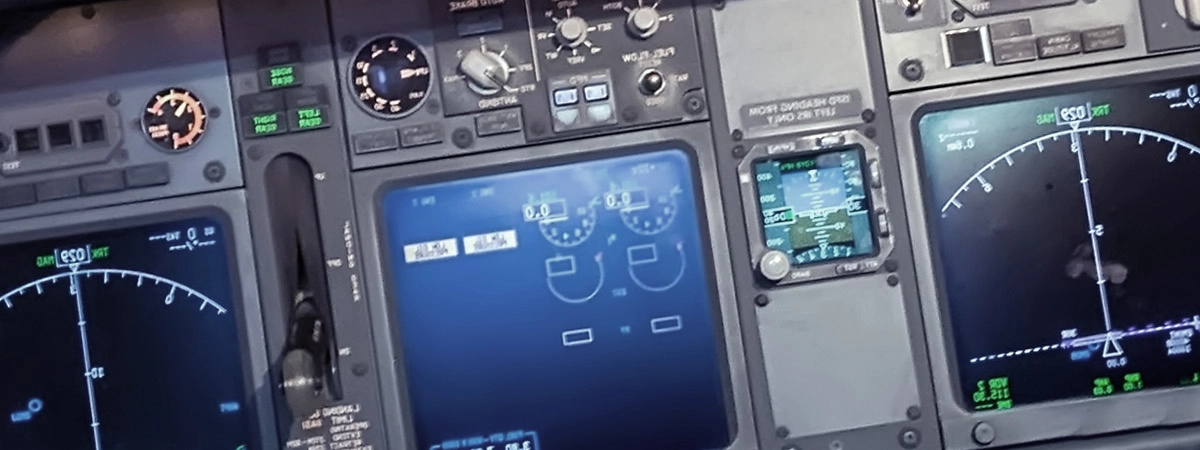IEC 60945 Electromagnetic Compatibility (EMC) Testing of Marine Radios
The International Electrotechnical Commission's (IEC) standard IEC 60945 specifies the procedures for electromagnetic compatibility testing of marine radios, ensuring that these devices operate reliably and without causing interference to other electronic equipment in maritime environments. Compliance with this standard is mandatory for manufacturers looking to sell products within the European Union, as it aligns with Directive 2014/30/EU on Radio Equipment and Telecommunications Terminal Equipment.
Marine radios are critical communication tools that must function effectively under harsh environmental conditions while minimizing electromagnetic interference (EMI). This standard addresses both conducted and radiated emissions, ensuring that the radio equipment does not interfere with other onboard electronics. The test procedures outlined in IEC 60945 are designed to verify the compliance of marine radios with these stringent requirements.
The testing process involves several stages, including pre-test checks, emission tests, susceptibility tests, and final acceptance criteria. Pre-test checks ensure that the equipment is prepared correctly for testing, while emission tests evaluate the radio's ability to maintain a specified level of EMI within its operating frequency range. Susceptibility tests check if the device remains functional when exposed to electromagnetic interference.
The primary goal of IEC 60945 EMC testing is to ensure that marine radios operate reliably and safely in complex, high-intensity radio environments. This standard considers various factors such as shipboard electrical noise, other on-board electronic equipment, and external sources of interference. By adhering to these standards, manufacturers can demonstrate their commitment to quality and safety, which is essential for maintaining compliance with international regulations.
The testing process typically involves the use of specialized test chambers that simulate real-world conditions. This includes controlled levels of electromagnetic interference (EMI) and a range of environmental factors such as temperature, humidity, and pressure. The equipment used in these tests must be calibrated to ensure accurate results, which is why we employ state-of-the-art instrumentation.
In addition to the technical aspects, IEC 60945 also emphasizes the importance of documentation. This includes detailed reports that outline the test procedures, results, and conclusions. These documents serve as evidence of compliance with international standards and are essential for regulatory approval.
Industry Applications
| Application | Description |
|---|---|
| Marine Vessels | Testing ensures reliable communication in harsh environments, reducing the risk of operational failures. |
| Fishing Boats | Ensures that radio equipment operates without interference from fishing gear and other onboard electronics. |
| Vessel Traffic Services (VTS) | Guarantees consistent communication with shore-based stations, enhancing safety and efficiency. |
| Military Craft | Achieves compliance with military-specific standards, ensuring robust performance in high-intensity radio environments. |
| Research Vessels | Ensures that scientific instruments are not affected by onboard communications equipment, maintaining data integrity. |
- Maintains safety and operational reliability in critical communication systems.
- Achieves regulatory compliance with international standards.
- Reduces the risk of equipment failures due to electromagnetic interference.
- Ensures interoperability between different types of marine radios.
Quality and Reliability Assurance
The testing process for IEC 60945 is rigorous, involving multiple stages that ensure the highest level of quality and reliability. Pre-test checks are performed to verify that all components of the radio equipment are in optimal condition before undergoing any tests.
Conducted and radiated emissions tests follow strict protocols to measure the levels of electromagnetic interference (EMI) produced by the device. These tests help identify potential sources of interference, allowing for corrective actions to be taken if necessary.
Susceptibility tests are conducted to ensure that the radio equipment remains functional when exposed to various types of electromagnetic interference. This includes both internal and external sources, such as other onboard electronics or external signals.
The final stage involves detailed documentation of all test procedures, results, and conclusions. These documents serve as evidence of compliance with international standards and are essential for regulatory approval. By adhering to these strict protocols, we ensure that our clients' products meet the highest quality and reliability standards.
Customer Impact and Satisfaction
- Enhances safety by ensuring reliable communication in critical marine environments.
- Achieves regulatory compliance with international standards, reducing potential legal risks.
- Reduces the risk of equipment failures due to electromagnetic interference, enhancing overall performance.
- Ensures interoperability between different types of marine radios, facilitating seamless communication across various vessels.
Our clients have consistently reported high levels of satisfaction with our IEC 60945 EMC testing services. By ensuring compliance with international standards and providing detailed documentation of all test procedures, results, and conclusions, we help our clients achieve their quality and reliability goals. This not only enhances the performance of their products but also builds trust among stakeholders.
Customer feedback has shown that adherence to these strict protocols leads to higher levels of customer satisfaction. Our services are designed to meet the needs of various stakeholders within the marine industry, including quality managers, compliance officers, R&D engineers, and procurement teams. By providing comprehensive testing solutions, we help our clients achieve their business objectives while maintaining the highest standards of quality and reliability.





